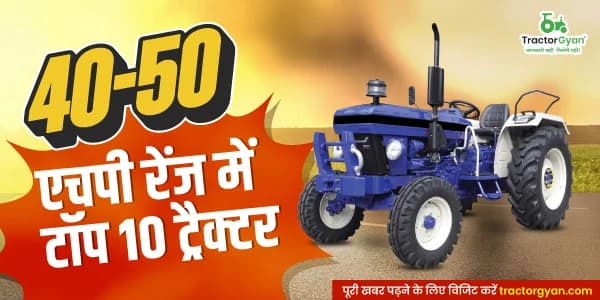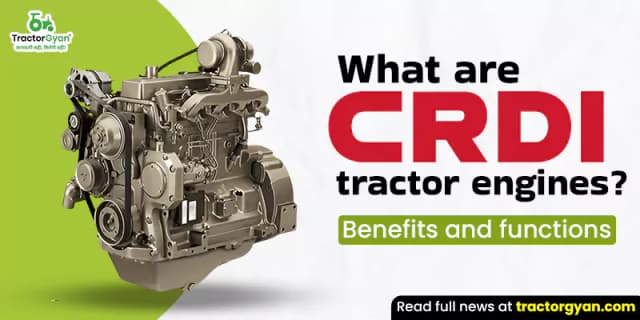Understanding Farmer-Producer Organisations (FPOs) and their role
टेबल ऑफ कंटेंट
You must have thought: how can small farmers in India compete with large agribusinesses? The answer is: Farmer-Producer Organizations (FPOs). Such groups are changing the pattern in which farmers grow, sell and earn money on their crops.
Farmers are united under a single organization in order to acquire the power, access, and opportunities they would never have acquired individually. Let's know what FPOs are, their importance, and their impact on the working process of Indian farmers.
What is a Farmer-Producer Organization (FPO)?
A Farmer-Producer Organization (FPO) is a group of farmers who have registered with the government and work together to make more money.
To make an FPO legally require a minimum of 10 members, for government-supported FPOs minimum of 100 members is required (Hilly/North-Eastern/ Difficult Areas), and 300 members (Plain Areas). There is no limit on the maximum members.
Most of the time, there are between 100 and 1000 farmers in these groups who grow the same crops. All of them work together like a single business by pooling their resources and sharing their knowledge.
Farmers can grow more, sell better, and make a reasonable amount of money when they work together. The Companies Act of 2013 says that FPOs must be registered, and the Government of India helps them through programs like NABARD, SFAC, and state agriculture departments.
Collective Strength: How FPOs Empower Farmers
Before FPOs, small and marginal farmers frequently had three main problems: they couldn't get to the market, prices were unfair, and inputs were expensive. FPOs were made to provide "collective strength" to the farming business. Let's see how they really make a difference.
1. Access to Better Market Prices and Fair Trade
One of the best things about FPOs is that they give people the power to negotiate as a group. Farmers can get better prices as a collective instead of selling their goods to middlemen, who often take advantage of them.
FPOs help the members to contact buyers, exporters, and the food processing industry directly. They can sell in bulk, fulfill the demands of the market within a short period of time and even participate in the online market such as eNAM (National Agriculture Market). Therefore, farmers do have fair trade, transparent prices and increased profit for the same work.
2. Shared Resources and Cost Savings in Farming
Farm business is very expensive to conduct as you need to purchase seeds, fertilisers, machinery, water and transportation. But when farmers work together, they can share costs and resources in a smart way.FPOs can acquire large amounts of high-quality seeds, fertilisers, or farm equipment at lower prices. For example, an FPO can buy a tractor, power tiller, or harvester that members can use turn-by-turn, which lowers the cost for each member.
This shared approach also makes it easier for farmers to use improved technology, modern farming methods, and machines without having to pay for them. In short, FPOs make farming smarter, cheaper, and more productive.
3. Financial Support and Government Schemes for FPOs
The Indian government provides FPOs with subsidies, loans, and grants. Beginning and running these programs are funded by NABARD and SFAC. Banks and other financial institutions prefer FPOs because they are steady groups rather than individual borrowers.
Now that they can receive institutional financing, farmers may escape local moneylenders' high-interest traps. The government supports new enterprises for five years via schemes like "Formation and Promotion of 10,000 FPOs."
Quick Links
FPO Success Stories: Real-Life Benefits for Farmers
Many FPOs in India have already shown what may happen when farmers work together. For example, a group of farmers in Maharashtra started an FPO, Sahyadri Farmer Producer Company (SFPCL), that now sells fresh food straight to big stores, cutting out the middleman and making twice as much money.
In the same way, there are many FPOs in Gujarat that have helped small producers achieve higher prices for milk by ensuring quality control and group marketing. These examples show that farmers who work together as FPOs have more control over their money and their future.
Conclusion
Farmer-Producer Organisations are not only about working together; they are also about giving people power. They give farmers the tools, resources, and voice they need to compete in an ever-changing Indian market. FPOs are laying the groundwork for a stronger, more self-sufficient rural economy with better access to technology, fair pricing, and financial stability. As India continues to focus on new ideas in farming, FPOs will be very important in making farming not just sustainable, but also profitable and honourable.
Why Tractor Gyan?
Tractor Gyan India's most impactful agri-tech voice, giving you the latest news and information on tractors, equipment, and agri industry so that every farmer can make smart, confident choices for a better future..
कैटेगरी
और ब्लॉग पढ़ें
आज खेती पहले जैसी नहीं रही। अब किसान भाई सिर्फ मेहनत नहीं, स्मार्ट तरीके से काम करना पसंद करते हैं। फसलों पर कीटनाशक या खाद डालने में अब घंटों का झंझट नहीं, अब काम आसान हो गया है बैटरी ऑपरेटेड नैपसेक...
Buying a second-hand tractor can be a smart decision, especially in Bihar, where farming plays a vital role in the economy. Used tractors offer affordability, reliable performance, and long-lasting durability—all without putting too much pressure on your budget.
Here’s a list...
A tractor is a farmer’s most trusted partner. The tractor’s strength depends a lot on its tyres. Tyres not only give traction and stability but also affect how well the tractor works in the field.Tractor tyres are expensive, so taking...
इसके बारे में अपनी टिप्पणी लिखें Understanding Farmer-Producer Organisations (FPOs) and their role
.webp&w=1920&q=75)
ट्रैक्टर और कृषि से जुड़े सबसे अधिक खोजे जाने वाले ब्लॉग्स
07 Jan 2026
18 Dec 2025
29 Jul 2025
08 Sep 2025
03 Jul 2025
30 Jul 2025
30 Jul 2025
30 Jul 2025
29 Jul 2025
30 Jul 2025
09 Feb 2026
31 Jul 2025
18 Dec 2025
26 Dec 2025













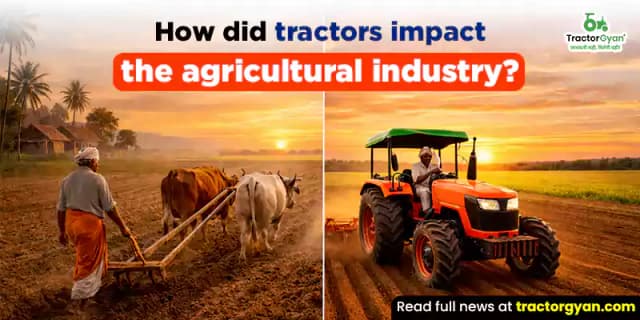
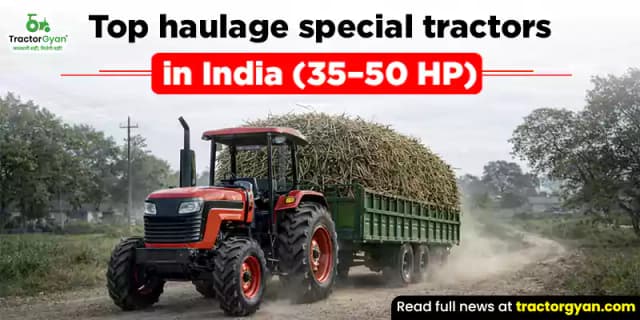

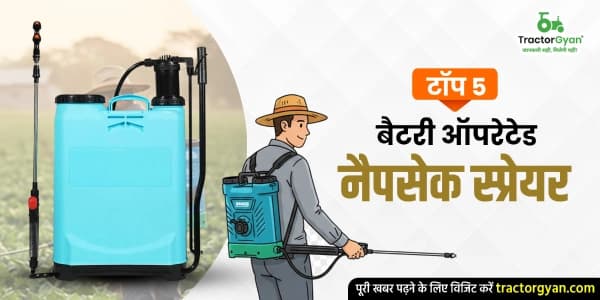


.webp&w=2048&q=75)
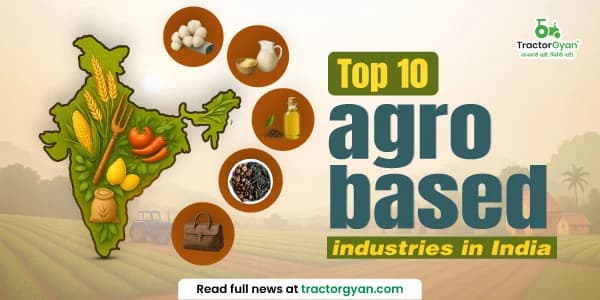
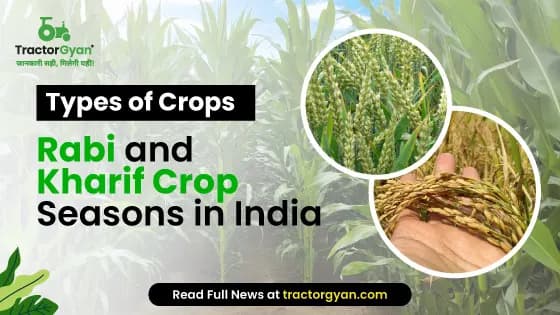
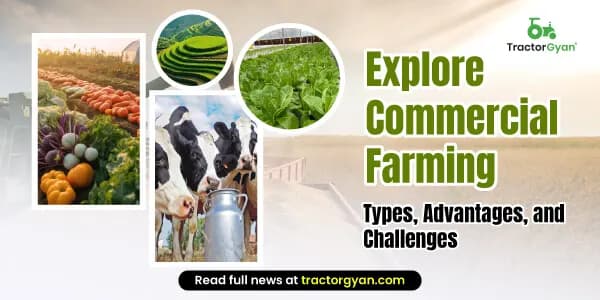
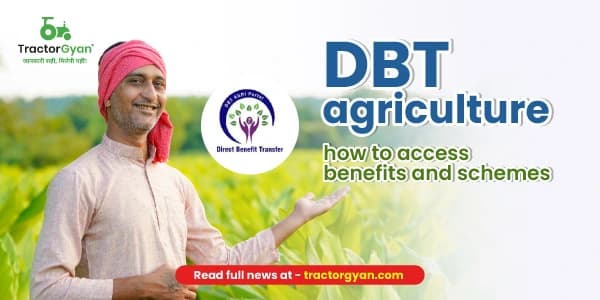
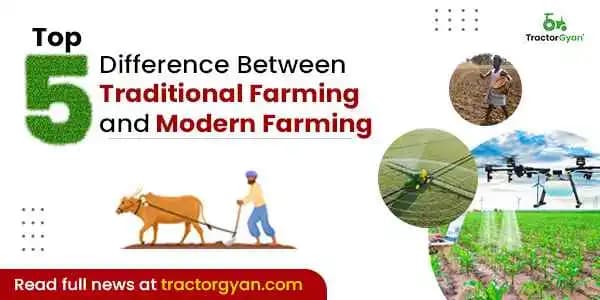
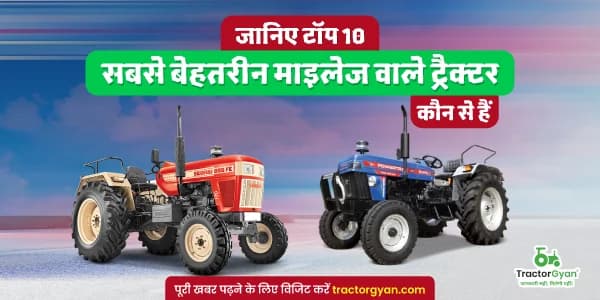
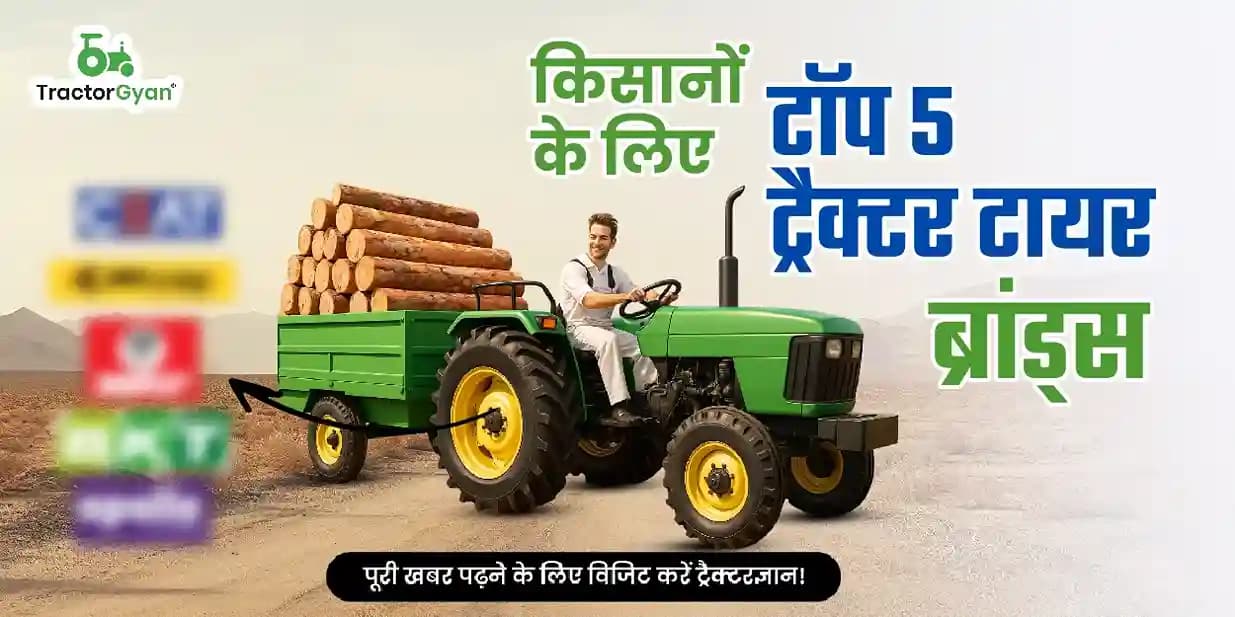
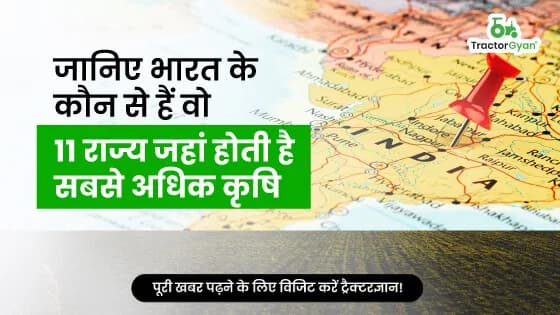
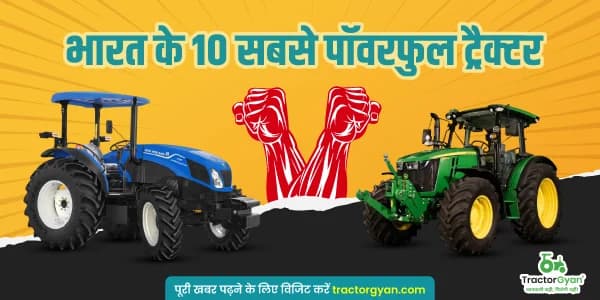
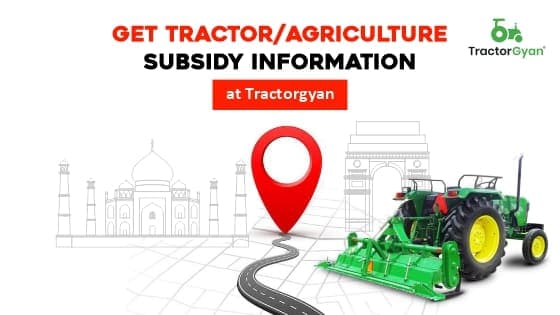
.webp&w=2048&q=75)
.webp&w=2048&q=75)
